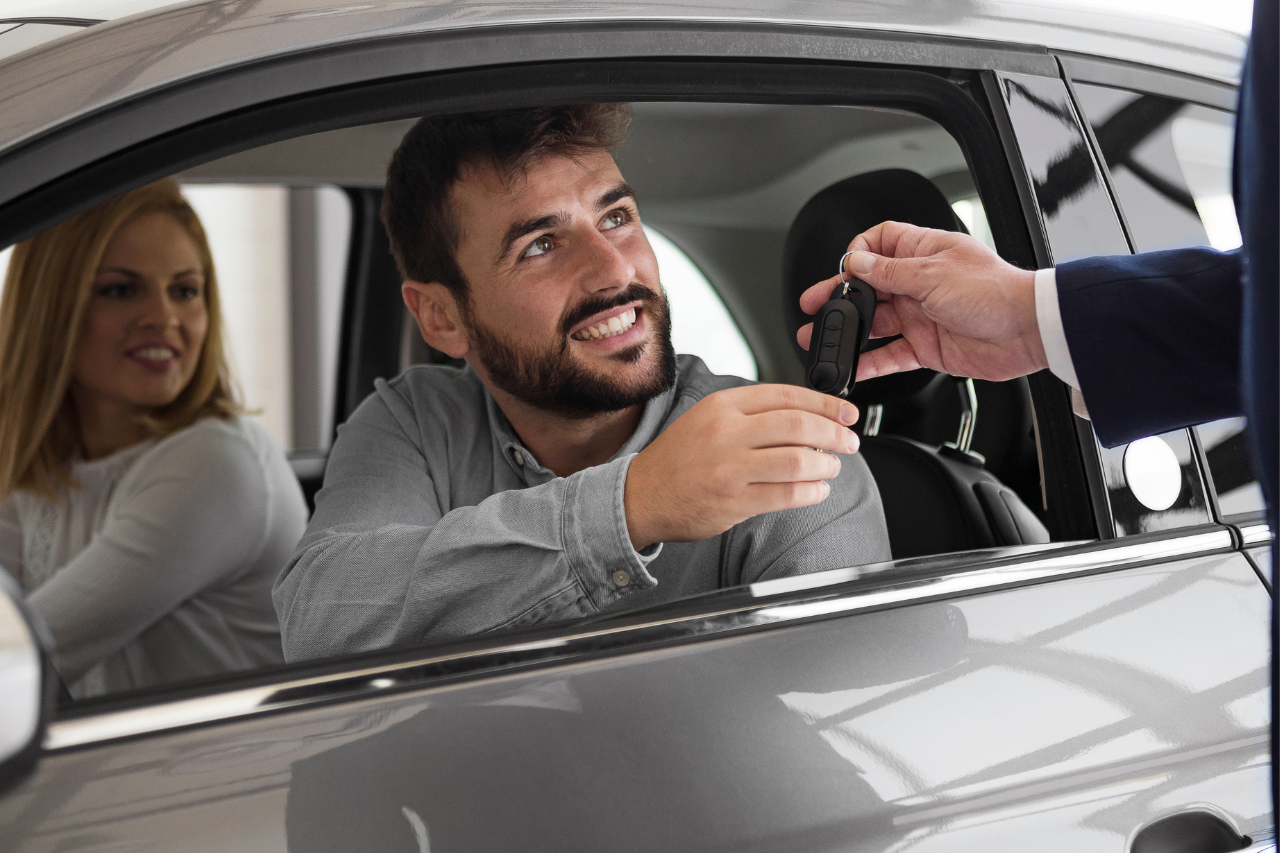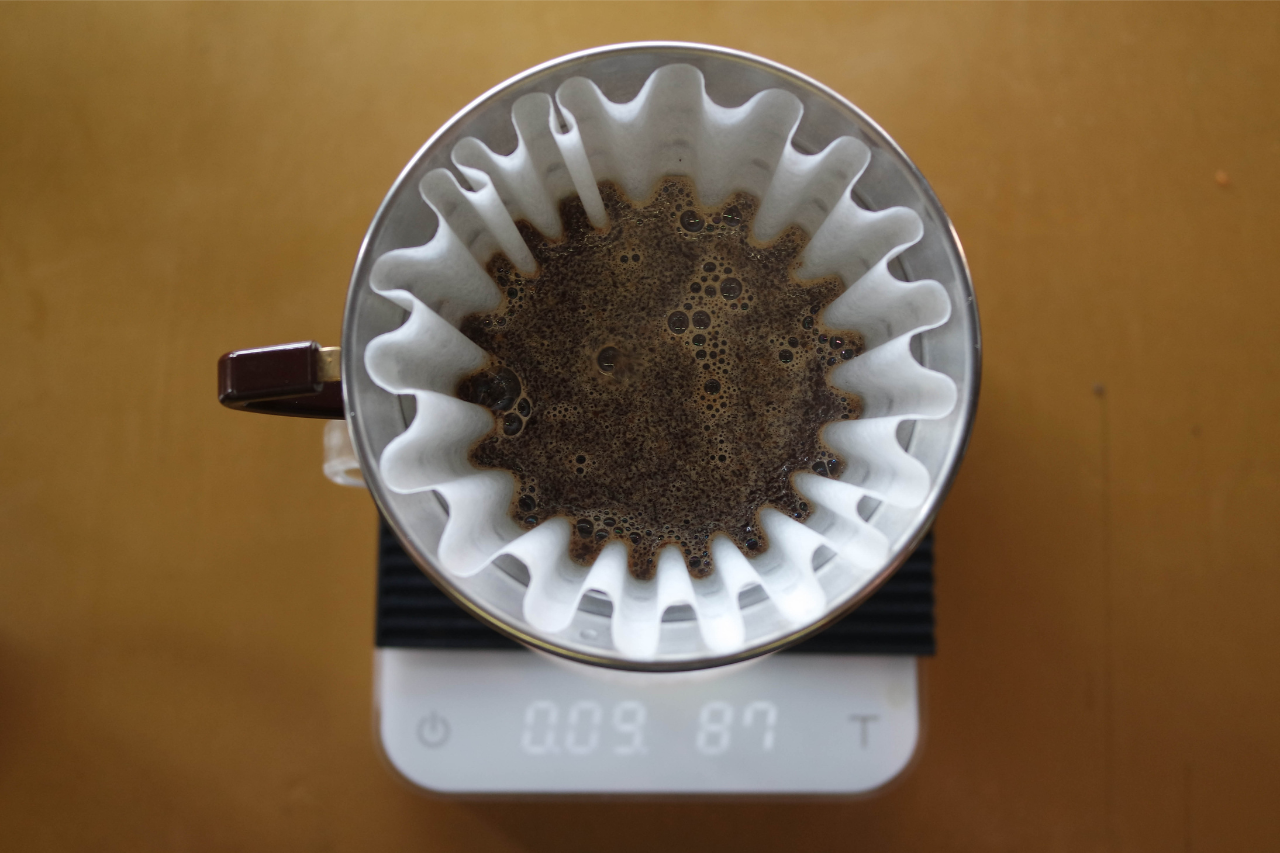
Tips for Making a Car Down Payment

Share:
How Big of a Down Payment Should I Make on a Car?
How much down payment is needed for a car? It depends on the price of the car and the terms of your loan. If you are financing the car, most lenders require a down payment of 10% to 20% of the purchase price. The down payment goes towards the purchase price of the car and reduces the amount that you need to finance.
If you are paying cash for the car, you will need to have the full purchase price available. Many dealerships will require a down payment of at least 10% of the purchase price when paying cash.
Making a larger down payment has several benefits. It will reduce the amount that you need to finance, which will lower your monthly payments. It may also help you to get a lower interest rate on your loan.
Before making a down payment on a car, make sure that you have considered all of the other costs associated with buying a car. These include taxes, registration fees, and insurance. You will also need to have money available for gas and maintenance.
How Big a Down Payment Should You make if you have Bad Credit?
If you have bad credit, the down payment requirements may be higher. Lenders view borrowers with bad credit as a higher risk, so they may require a down payment of 20% to 30% of the purchase price. Putting down a larger down payment may help you to get a lower interest rate and monthly payments.
Upside Down Loans and Underwater Loans
If you owe more on your current car loan than the car is worth, you are upside down on the loan or underwater. This can happen if you have not made enough payments on the loan or if the value of the car has decreased.
If you are upside down on your loan, you may be required to make a larger down payment when you trade in your car. You may also need to pay the difference between the loan balance and the value of the car in cash.
Is Zero Down a Bad?
Zero down payment car deals are often advertised as a way to get a new car with no money down. However, these deals may not be the best option for everyone.
If you have bad credit, you may be required to make a larger down payment. If you cannot afford a down payment, you may want to consider a used car or a different financing option.
Before you sign a zero-down car deal, make sure that you understand all of the terms and conditions. These deals may have higher interest rates and monthly payments. You should also be aware of any penalties for early payment.
How to Save for a Down Payment
If you are planning to buy a car, start saving for a down payment as soon as possible. The sooner you start saving, the more money you will have for a down payment.
Here are some tips for saving for a down payment:
– Set a budget and stick to it. Determine how much you can afford to save each month.
– Open a savings account specifically for your down payment. This will help you to avoid spending the money on other things.
– Make saving automatic. Set up automatic transfers from your checking account to your savings account. This way, you will not have to think about it every month.
– Cut back on expenses. Take a close look at your spending and see where you can cut back. This will free up more money to save for a down payment.
– Get creative. There are many ways to save money. You may be able to get a down payment loan from a family member or friend. You could also sell items that you no longer need.
Saving for a down payment takes time and effort, but it is worth it. Making a down payment will reduce the amount that you need to finance, which will lower your monthly payments. It may also help you to get a lower interest rate on your loan. Start saving today so that you can get into the car of your dreams.
The Bottom Line
Making a down payment on a car is an important decision. You will need to consider the size of the down payment, your credit score, and the other costs associated with buying a car. Be sure to do your research so that you can make the best decision for your situation.
Most Popular


What is Coffee Bloom and why does it happen?

20 Best Books Made Into Movies And TV Shows





